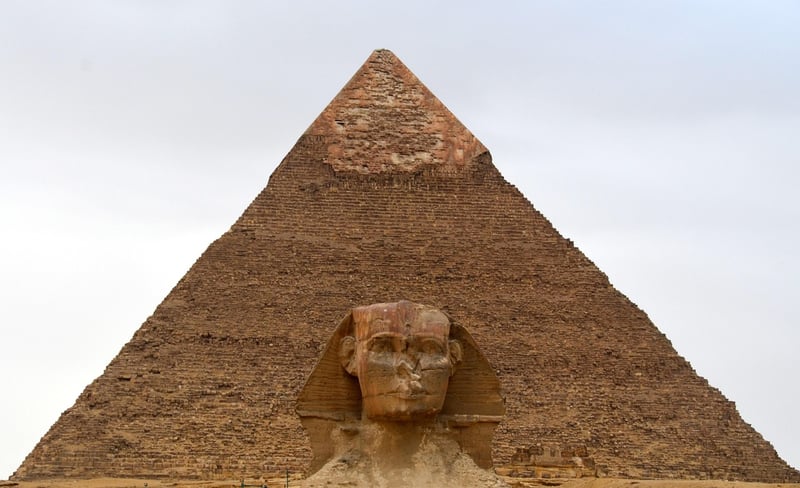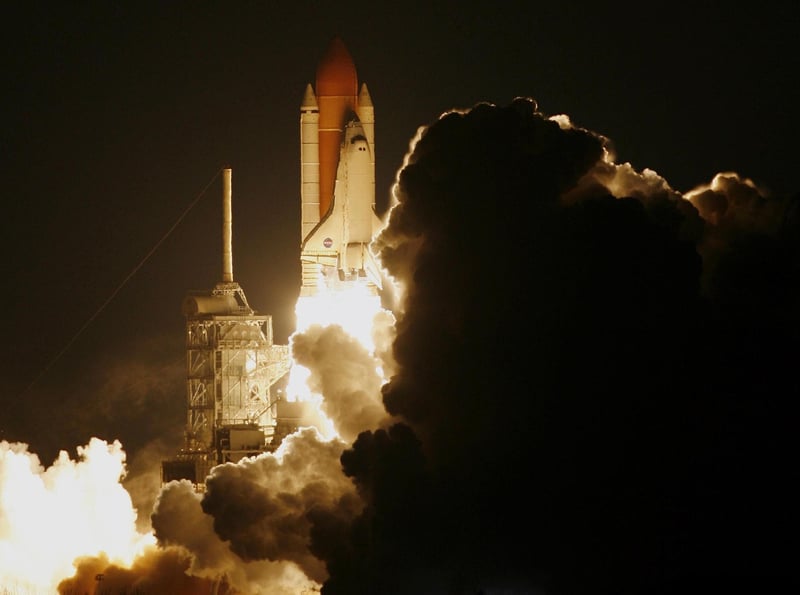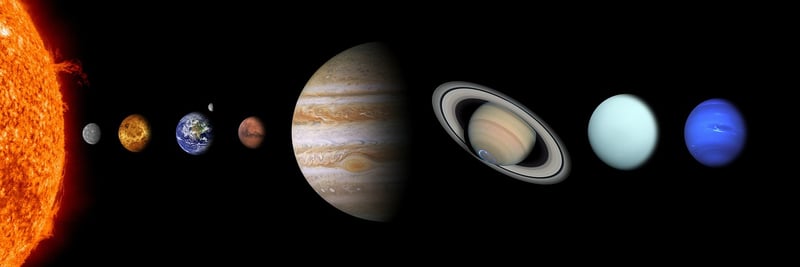Future Exploration
Exploring Different Eras and Future Exploration
Introduction
Throughout history, humans have always been fascinated by exploration. From ancient civilizations setting sail to discover new lands to modern space missions venturing into the unknown reaches of the cosmos, the spirit of exploration has driven us forward. Let's delve into the different eras of exploration and peek into the future of exploration.
Ancient Exploration
Ancient explorers like the Phoenicians, Egyptians, and Greeks set out on voyages across seas and continents, expanding their knowledge of the world. The discovery of new trade routes, cultures, and resources shaped the course of history and connected distant lands.

Age of Discovery
The Age of Discovery saw European explorers like Christopher Columbus, Vasco da Gama, and Ferdinand Magellan embark on voyages that led to the mapping of new territories and the exchange of goods and ideas between continents. This era marked a significant expansion of global knowledge and trade.

Space Exploration
In the 20th century, the focus of exploration shifted beyond Earth as humans ventured into space. Landmark events like the Moon landing in 1969 and the launch of space probes to explore distant planets expanded our understanding of the universe and our place in it.

Future Exploration
The future of exploration holds exciting possibilities, from manned missions to Mars to the exploration of exoplanets in search of habitable worlds. Advancements in technology, such as AI, robotics, and propulsion systems, are paving the way for new frontiers to be conquered.

Conclusion
Exploration, in all its forms, has been a driving force behind human progress and discovery. As we look back on the achievements of the past and peer into the possibilities of the future, one thing remains clear - the human spirit of exploration knows no bounds.
Let us continue to push the boundaries of knowledge and embark on new adventures that will shape the world for generations to come.
